How to Set Up a VPN to Stay Safe Online

From shopping and banking to booking travel and ordering takeout, technology has made our daily lives more convenient in almost every way. But as everything has moved online, taking cybersecurity seriously has never been more critical. Fortunately, there are tools that can help protect you and keep your digital life secure—including using a virtual private network (VPN). Read on to learn how to set up a VPN to stay safe online, according to experts.
RELATED: 7 Ways to Spot Fake Deals and Scams When Online Shopping.
What is a VPN and how does it work?

Protecting your sensitive information online is common sense. But it’s also important to know that whatever you’re doing on the internet can follow you from website to website. According to Lucas Ochoa, a software expert and CEO and founder of Automat, many people don’t realize that without a VPN, their online activities can be tracked by their internet service provider—or hackers looking to steal personal data for identity theft.
“A VPN hides your computer’s IP address and sets up an encrypted connection between your device and a VPN server, ensuring that any data sent to the VPN server is secure,” he explains. “This means no one can snoop on your online activities if you’re using one.”
Cache Merrill, founder of software company Zibtek, says there’s a historical example that can help show how a VPN works.
“If you think back to World War II, we were writing messages down, and they could only be deciphered if you had the right encoder. Basically, a VPN does that in real-time while surfing the internet. This allows you to keep your messages and identity secure online,” he says.
Of course, this can come in handy for day-to-day browsing. But the added layer of security can be critical if you’re traveling or using the internet on the go.
“WiFi in public spaces like airports, conferences, hotels, and coffee shops can pose a security risk, especially when shopping online,” says Shawn Waldman, CEO and founder of cybersecurity consulting firm Secure Cyber Defense. “I have personally witnessed many hotel Wi-Fi networks that are also connected to point-of-sale terminals, showing that they are indeed not separately connected networks.”
How do I choose the right VPN?
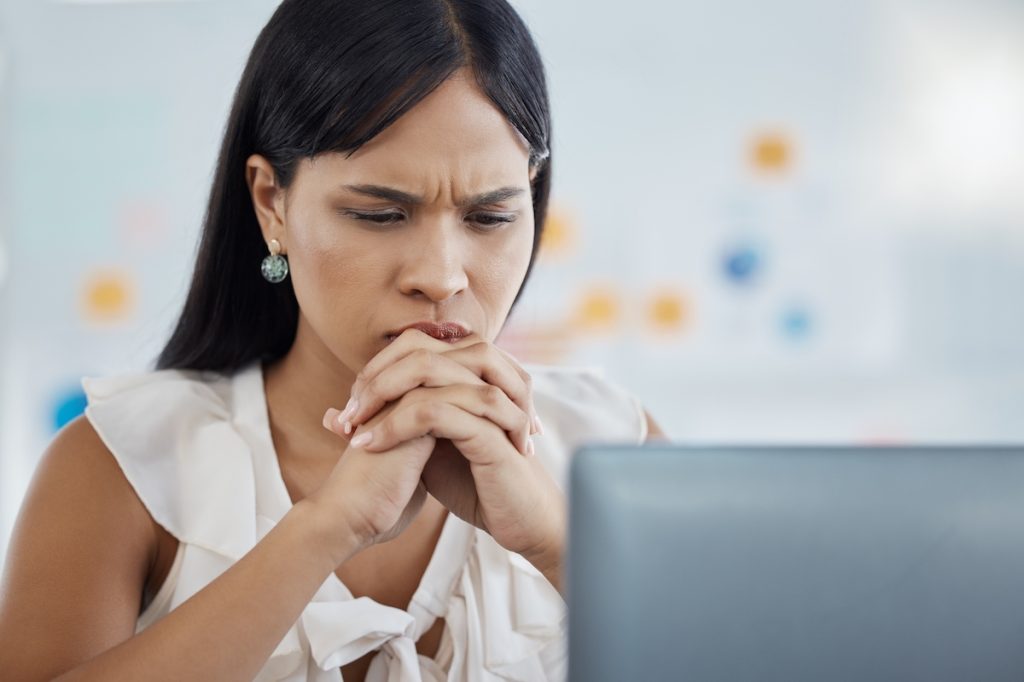
As the need for increased personal cybersecurity has grown, so has the number of VPN options on the market. However, that doesn’t mean they’re necessarily all created equal.
“Make sure to choose someone reputable, or you are basically giving them all your info,” suggests Merrill. “And also make sure they have a policy that says no logging, so they don’t store your info. NordVPN, ExpressVPN, and CyberGhost are all larger brand-name VPN providers.”
The right choice for you can also ultimately depend on your device. “VPNs can be set up on your PC, Mac, Android/iOS, or router, each with different methods,” says Ochoa. For each device, you can check its respective app store or marketplace to see what’s available.
RELATED: 10 Tech Tips for Seniors: How to Master Your Devices.
How do I set up a VPN on a Mac or Apple device?
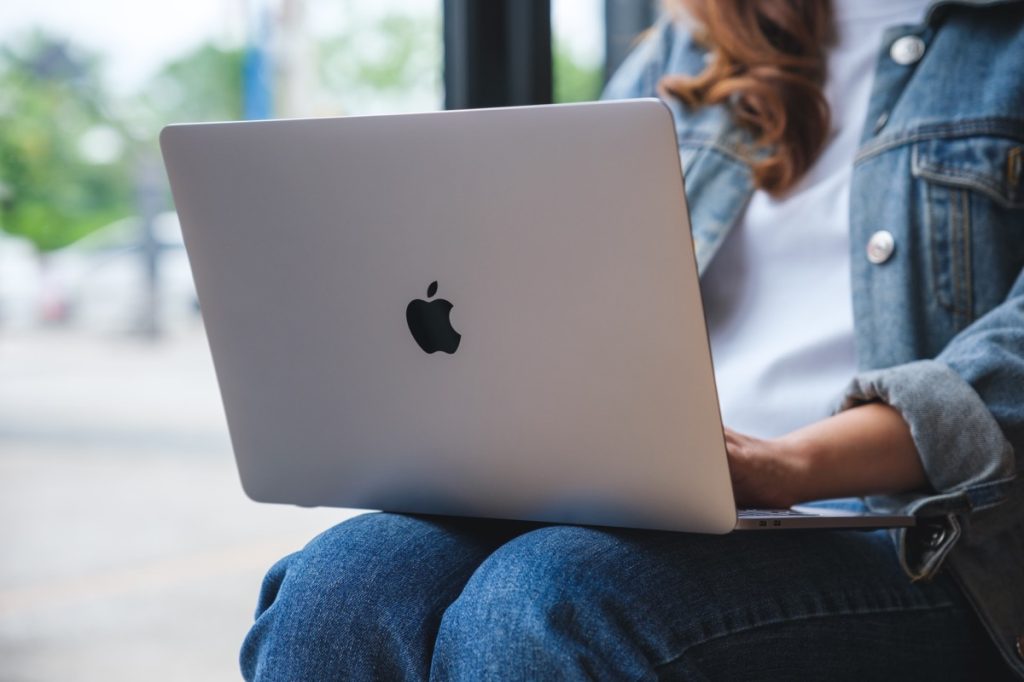
Once you’ve done the research and found the VPN you’d like to use on one of your Apple devices, you can start the process of setting it up by checking that it’s compatible, Ochoa says. You can do this by clicking the “About This Mac” prompt in the Apple menu.
“If compatible, go to the VPN’s website, set up an account, choose a plan, username, and password, and then download the app from the Mac App Store,” he says. “If the app isn’t available there, download it directly from the VPN’s website. Follow the prompts to install the app, log in, choose a server, and connect—it’s that easy!”
Don’t worry if you get confused at any point along the way: VPNs typically include setup guides and troubleshooting help for macOS if needed, Ochoa says.
How do I set up a VPN on a PC or Android device?
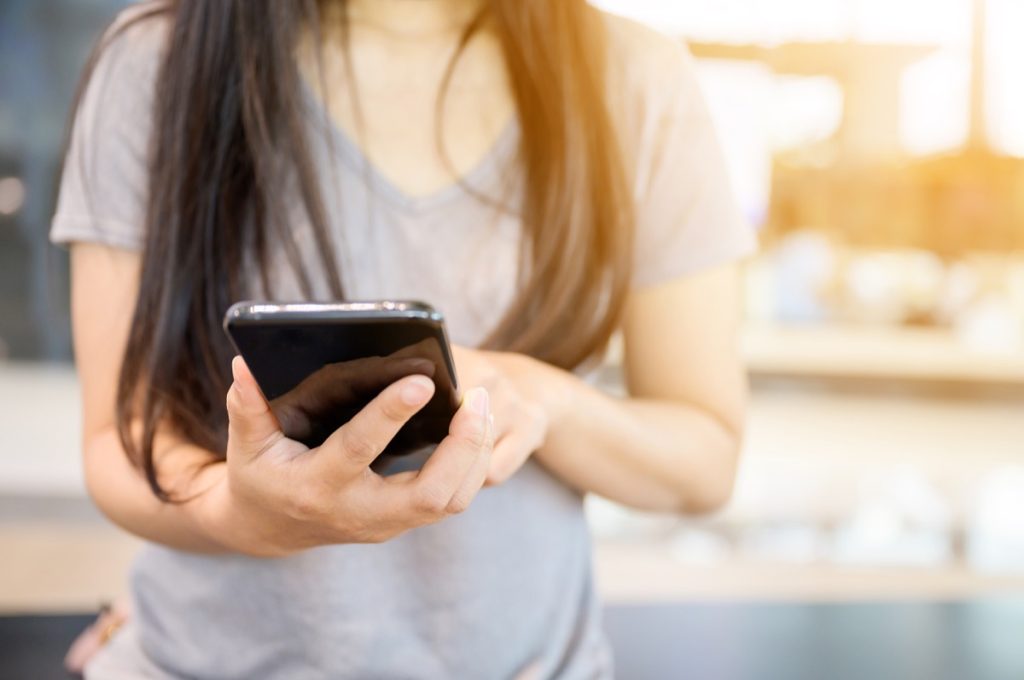
While it’s not much more complicated, things are slightly different when you’re setting up a VPN on a PC or Android device. In this case, Merrill says you can sometimes use an app or browser extension downloaded from the marketplace or the company’s website.
“They will walk you through the steps needed for each individual product, and you can toggle between using your VPN or turning it off,” he tells Best Life. “It should be really obvious if you are on the VPN app, as it will show you a green light or something similar to clearly indicate it.”
However, installing one on a router can be more technically challenging. “You can either install a VPN manually or flash the router with third-party firmware,” says Ochoa. “Both methods have drawbacks: Manually installing a VPN can be complex and time-consuming, and flashing a router carries the risk of rendering it inoperable.” Because of this, it’s best to consult an expert if you’re unsure.
RELATED: How to Identify Phishing Emails: 7 Easy Ways to Spot a Scam.
Are there any drawbacks to using a VPN?
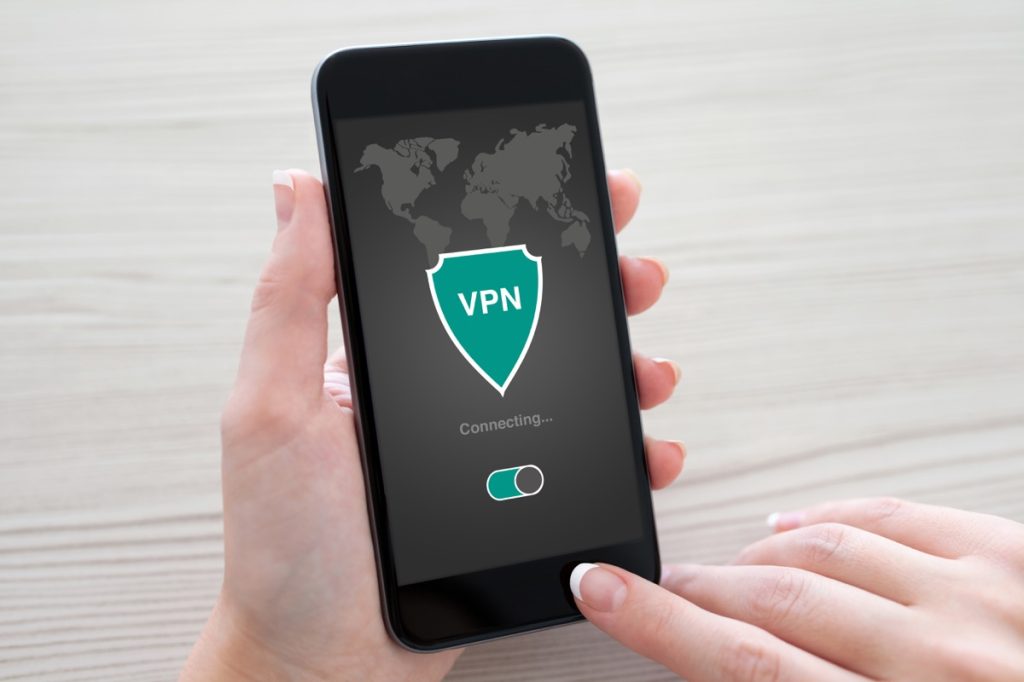
Setting up a VPN can help solve some immediate issues and keep your digital life safer from prying eyes. However, it does have a few drawbacks that could affect your web surfing experience.
“All VPNs can reduce internet speeds and don’t protect against malware or viruses, so you’ll still need antivirus software,” says Ochoa. “Premium VPNs also come with potentially hefty subscription fees, while free VPNs have limitations like fewer servers, lower speeds, and limited device connections.”
Are there other important things to consider about VPNs?
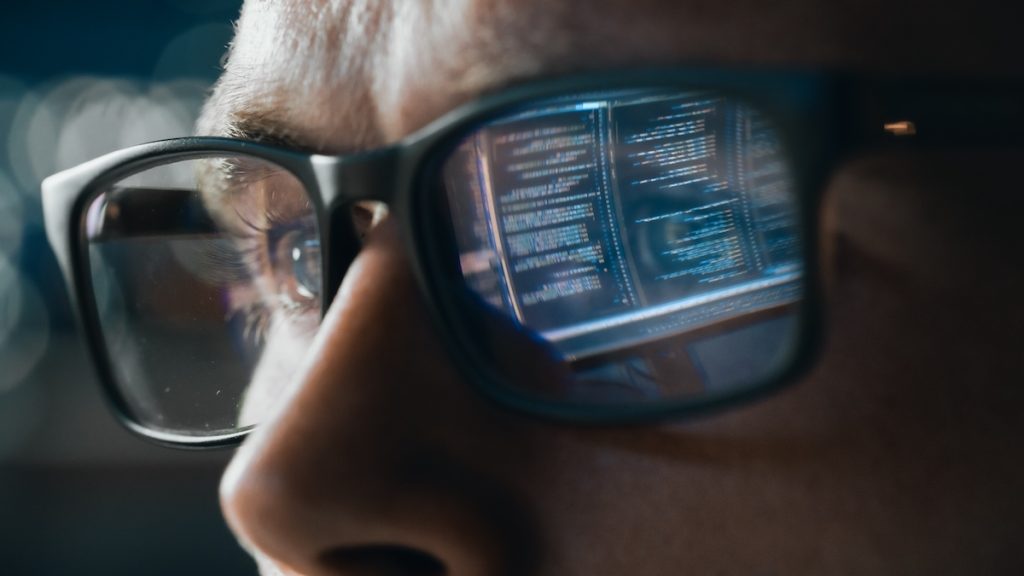
There are a few other things to keep in mind when making your decision about which VPN to use.
“It may seem counterintuitive, but free VPNs can steal your data,” cautions Subbu Sthanu, chief commercial officer at IPVanish VPN. “These services will often bury the details of their logging practices deep within their privacy policy. Make sure you choose a VPN service with a good privacy policy that promises zero-logging.”
Even if you’re looking into a paid VNP, pay attention to what’s included when you’re signing up.
“Many VPN solutions have a ton of extras that you can add on,” says Waldman. “Be very careful with that, as it can easily double or triple the cost of the original solution. Features like dark web monitoring and password management are often handled by other solutions you already have.” He also suggests always looking for duplicate features and noting when your subscription renews in your calendar so you won’t be surprised by an auto-renewal.